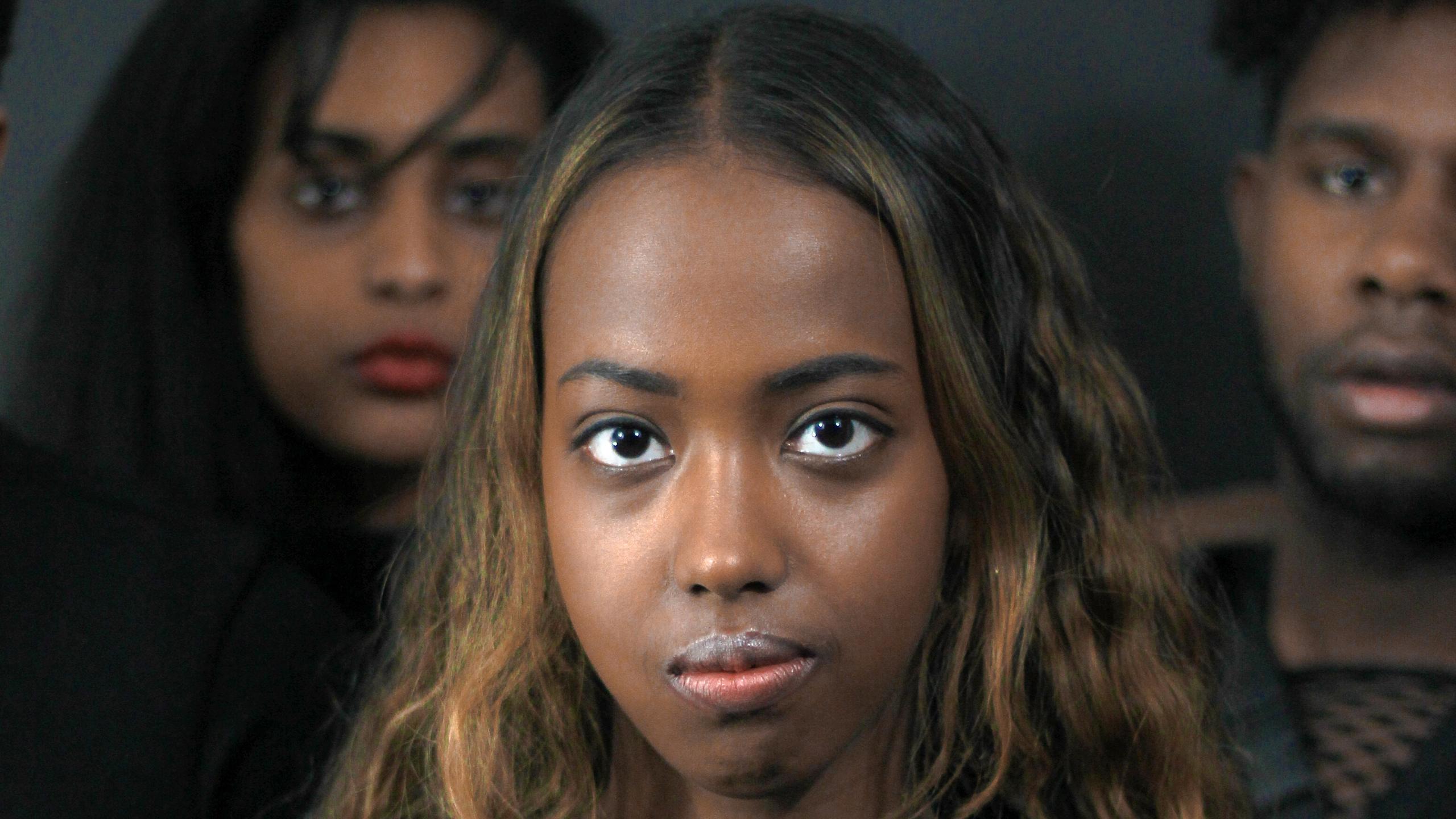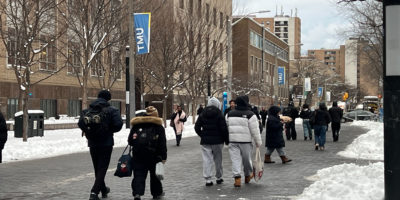By Lidia Abraha
Fourth-year RTA student Jay Roomes remembers feeling weary about her white professor with dreadlocks. Although he was a great teacher, she couldn’t help but think about her older-brother having to shave his dreadlocks when he graduated law school as he got ready to enter the workforce.
“Having dreadlocks was going to be too much for so many workplaces, and he [couldn’t] afford that,” said Roomes. She listed many similarities between her professor and her brother; both were very intelligent and aware but, “one of them is allowed to have dreadlocks and one of them is not.”
Racism at Ryerson manifests in many different ways for racialized folks, but the experience is more complex for Black students. For Pascale Diverlus, alumni from Ryerson’s School of Journalism, the experience streamed her into a career of advocacy and activism. She remembers being surprised by the “rampant”anti-Black racism on campus, even though her hometown ofHamilton, Ont. had a small Black population.
While sitting in The Eyeopener ’s office lounge in front of a display of past Eye covers, Diverlus points to a cover from 2012 which features Sheldon Levy sitting with his arms crossed and his snapback tilted to the side.
“There is no bigger example [of] how this campus utilizes and pushes out Black people than this,” she said. “This is the same person that did nothing for Black students. Absolutely nothing. Then you see him co-opting.”For the past four years, Ryerson has been named one of Canada’s top 100 employers for diversity.
Without sufficient public data sets, there’s no way to confirm Ryerson is doing enough to promote diversity, equity and inclusion principles throughout campus. Diverlus knows this all too well. The Black faces inflated on posters by Jorgenson Hall, the Mandela Walk—all of the grand gestures never materializing into tangible policies to make campus a safer place for Black students.
Rodney Diverlus, her brother and former president of Ryerson Students’Union (RSU), was on a Ryerson flyer—she assumed to promote their diverse campus—even though he faced obstacles as a Black student on this campus.“This institution has put me and so many Black students through hell, and [you’re] blasting his face for diversity,” said Diverlus.
“Years ago, the [RSU] brought Drake, but that same year they fired a Black woman on maternity leave.” She goes on to ask: does Ryersonstand for Black students? While Ryerson has been awarded for their progression diversity, Black students know of a completely different experience when they walk through these halls.
When Hansel Smith, a third-year business management student, walked into his advisor’s office, he was hoping to find options that would help him pass his classes. Instead, the advisor was “hostile” and repeatedly told him he needed to take school seriously.
“He wasn’t helpful, he was probably looking at me and judging the way I look,” said Smith, who had faux
“That made me feel so bad. Usually, I don’t even mind things like that. I will call it out when I can, but that really hurt me,” said Smith. It’s easy to feel tokenized when discussions around raceand identity surface in the classroom, Black students oftenfeel they’re being looked to challenge the opposition, saidSuliana Embaye, a second year politics and governance student.
“That’s a lot of pressure to put on people and some people don’t like that,” Embaye said professors have a responsibility to navigate anti-Black racism by calling out students directly. “Even though you don’t want to attack anybody, you shouldn’t just graze over the subject because that’snot doing anyone a service.””












Leave a Reply